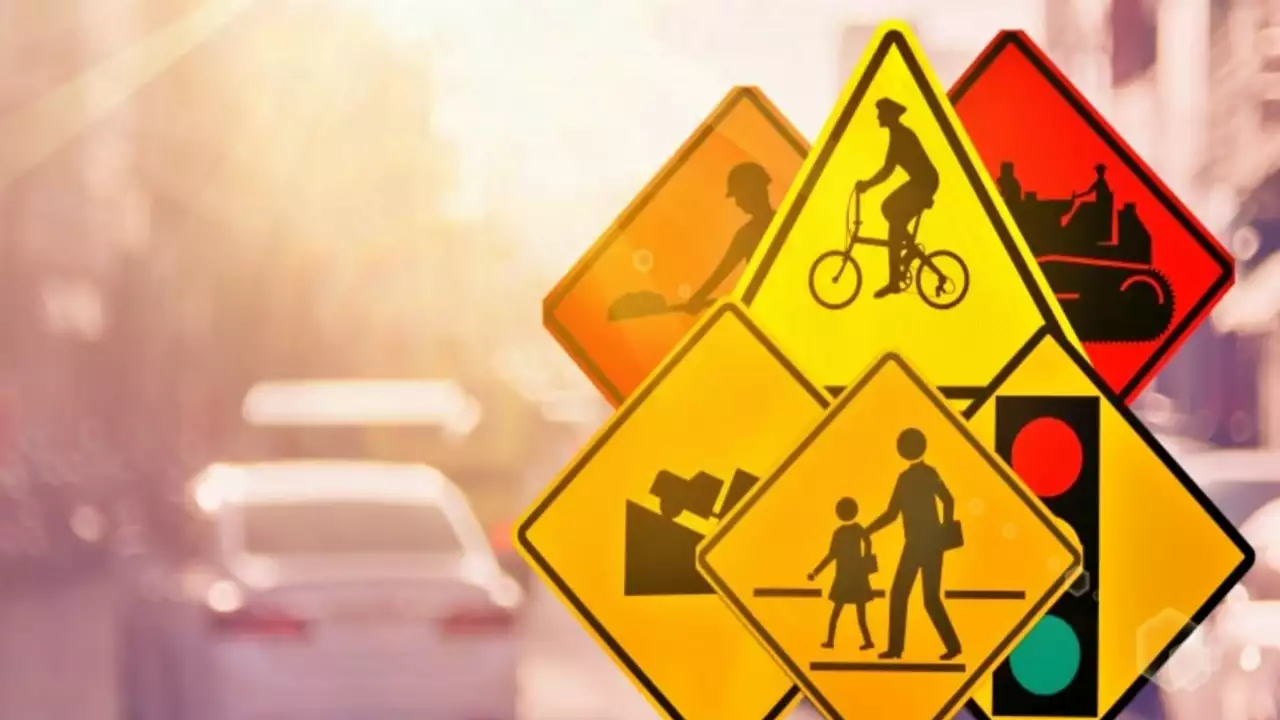Legal and Law Enforcement: Practical updates and what to do
You want clear, useful info about police work, laws, and what to do if something happens to you. This page brings short guides, recent news, and step-by-step actions you can take — from filing an FIR to dealing with a traffic accident like a hit-and-run.
Reporting a crime or accident
If you're at the scene of an accident or a crime, first make sure everyone is safe and call 112 for emergency help. Stop and don't leave the scene — leaving can become a criminal offence, especially in accidents. Take photos, note vehicle numbers, collect witness names and phone numbers, and get medical attention ASAP. These details are the single most useful things for police and courts later.
To register a police complaint, visit the nearest police station and ask for an FIR under Section 154 of the Criminal Procedure Code. The police must register a cognizable offence. If they refuse, ask to meet the Station House Officer or write a complaint and take it to the Superintendent of Police or the Judicial Magistrate. Keep a copy of the FIR number and the names of officers you spoke with.
Common legal steps and quick tips
After filing an FIR, keep a record of all documents: FIR copy, medical reports, photos, and witness contact details. If you're involved in a traffic accident, note the provisions of the Motor Vehicles Act, 1988. For example, hit-and-run cases can attract imprisonment up to two years, fines, and suspension of driving licenses. That makes stopping and cooperating crucial.
Don't sign or admit guilt without a lawyer. Short, factual statements to police are fine, but avoid long confessions. If arrested, ask for the reason and request a lawyer immediately. You have the right to consult a lawyer and the right to inform a family member. For bail matters, whether an offence is bailable or non-bailable affects timing—talk to a lawyer early.
If you can't afford a lawyer, ask the police or court about legal aid; public defenders are available for eligible people. For consumer issues, land disputes, or non-criminal matters, there are specific complaint forums and legal services that can guide you on documentation and timelines.
Follow updates here for recent arrests, changes in laws, and court rulings that affect everyday life. We focus on practical steps you can take right now, not legal theory. Want to know what to do after a hit-and-run or how to push for quick police action? Check our latest posts for real examples, plain explanations, and checklists you can use on the spot.
Stay aware, document everything, and get help early. If you have a specific situation, use the checklists and sample questions from our articles to make your conversations with police and lawyers faster and more effective.
What are laws for hit and run in india?
In India, the laws surrounding hit and run cases are quite serious. If a driver flees the scene after causing an accident, they can be heavily penalized under the Motor Vehicles Act of 1988. This can lead to imprisonment of up to two years, or a fine, or both. Additionally, the court can also suspend the driver's license. It's extremely important to stay at the scene if you're involved in an accident, to avoid these harsh consequences.
